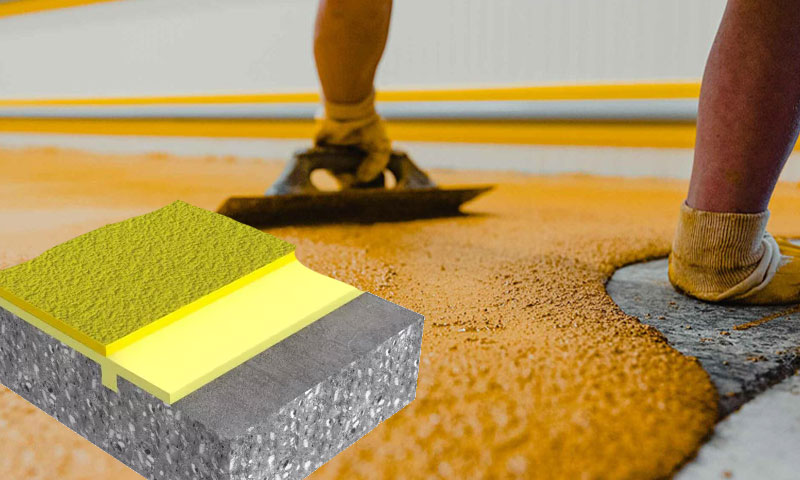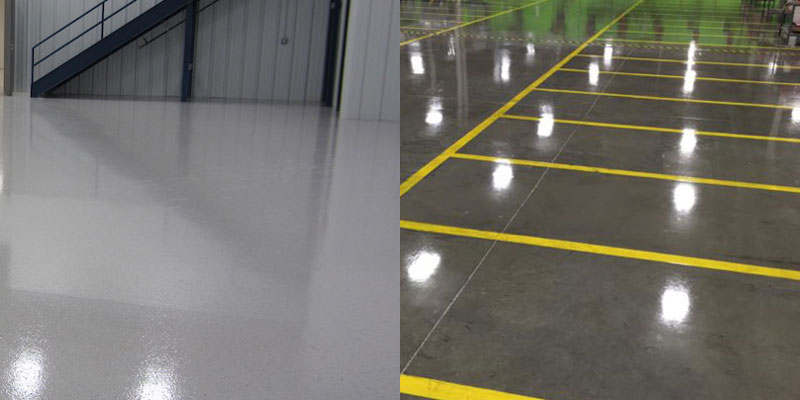Polyurethane Cement vs Polyurethane Sealers
In the construction and floor surface protection world, polyurethane-based products play a pivotal role in providing durability and resilience. Polyurethane sealers and polyurethane cement are two commonly used materials with distinct properties and applications. Understanding the differences between them is crucial for selecting the right material for specific projects. This article delves into the characteristics, applications, and benefits of polyurethane cement vs polyurethane sealers.
Polyurethane Sealers:
Polyurethane sealers are coatings applied to surfaces to protect them from various environmental factors such as moisture, chemicals, abrasion, and UV radiation. They form a transparent layer that enhances the appearance of the substrate while providing robust protection. Here are some key characteristics and applications of polyurethane sealers:
1. Versatility:
Polyurethane sealers are highly versatile and can be used on a wide range of surfaces, including concrete, wood, metal, and masonry.
They are commonly used in residential, commercial, and industrial settings for applications such as garage floors, countertops, decks, and driveways.
2. Protection:
One of the primary functions of polyurethane sealers is to protect surfaces against moisture intrusion, which can damage and deteriorate them over time.
They also offer resistance to chemicals, oils, stains, and abrasion, making them suitable for high-traffic areas and industrial environments.
3. Durability:
Polyurethane sealers form a strong and durable bond with the substrate, ensuring long-lasting protection.
They are resistant to yellowing and fading, which helps maintain the surface’s aesthetic appeal even under harsh conditions.
4. Ease of Application:
Polyurethane sealers are available in various formulations, including water-based and solvent-based options, offering flexibility in application.
They can be applied using a brush, roller, or sprayer and typically require minimal surface preparation.
Polyurethane Cement:
Polyurethane cement, on the other hand, is a specialised flooring system known for its exceptional durability and chemical resistance. Unlike traditional cementitious materials, polyurethane cement combies polyurethane resins and cement, providing enhanced performance characteristics.
Let’s explore the unique properties and applications of polyurethane cement:
1. Superior Chemical Resistance:
Polyurethane cement flooring offers unparalleled resistance to a wide range of chemicals, including acids, alkalis, solvents, and oils. This makes it an ideal choice for industries such as food and beverage processing, pharmaceuticals, and chemical manufacturing, where exposure to corrosive substances is common.
2. Thermal Shock Resistance:
One key advantage of polyurethane cement is its ability to withstand extreme temperature fluctuations without cracking or delamination. This thermal shock resistance makes it suitable for environments such as freezer rooms or where hot liquids or steam cleaning processes are used.
3. Hygienic Properties:
Polyurethane cement flooring systems are non-porous and seamless, preventing the growth of bacteria, fungi, and mold.
They are easy to clean and sanitise, complying with the strict hygiene standards required in food processing facilities and healthcare environments.
4. Impact Resistance:
Polyurethane cement floors exhibit excellent impact resistance, reducing the risk of damage from heavy equipment and machinery. This durability ensures long-term performance and minimises maintenance costs over the lifespan of the flooring system.
5. Fast Cure Time:
Polyurethane cement formulations often feature rapid curing properties, allowing for quick installation and minimal downtime. This is advantageous for facilities that require fast turnaround times and cannot afford extended periods of downtime for flooring installation.
So who wins?
Polyurethane Cement vs Polyurethane Sealers? While polyurethane sealers and polyurethane cement are based on polyurethane technology, they serve different purposes and offer distinct benefits. Polyurethane sealers are versatile coatings for surface protection and enhancement in various residential, commercial, and industrial applications. On the other hand, polyurethane cement is a specialised flooring system known for its superior durability, chemical resistance, and hygienic properties, making it ideal for demanding industrial environments. Understanding the differences between these two materials is essential for selecting the right solution to meet specific project requirements and ensure long-term performance and durability.
Please feel free to contact Diamond Grind for more clarity on the strengths and benefits of both products as they relate to your project. We have a team of professionals waiting to help you out!

